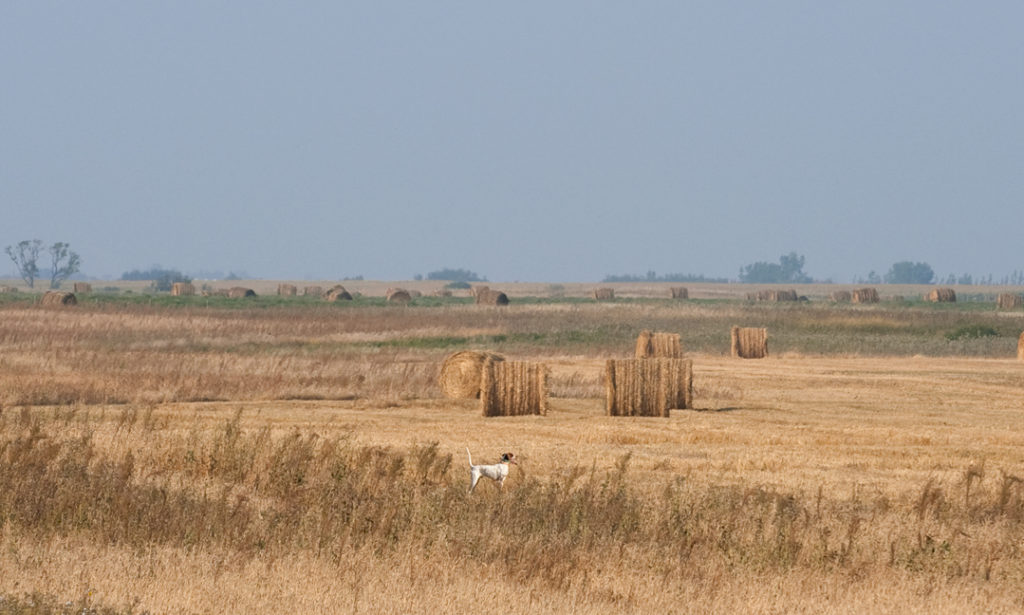It was a dream he had started hundreds of times but never completed. Before now, the dream had always ended with his waking to reality.
He was a pointing dog trainer-handler, one of hundreds that had since the 1870s eked out a living taking young dogs and molding them into useful workers for their owners, bird hunters or field trialers who as amateurs ran them in trials for amateurs. But what he aspired to was to find and mold a dog that he could handle as a pro to win major open field trials, including the ultimate, the National Bird Dog Championship, held each February at the Ames Plantation at Grand Junction, Tennessee.
For almost all of his calling this universal goal and dream was but an impossible dream. It took talent on the part of dog and man that was rare as diamonds. To find that dog, mold it and find an owner-sponsor with the resources and patience and will to stick with the trainer had always been rare, today it had become almost impossible.
Why? Wild game birds had disappeared almost everywhere. While trials were still run on released farm-raised birds they were not the same. And bird hunting and bird dog trialing were both fading into obscurity for the ordinary man where once they had been not mainstream but at least pursued with enthusiasm by the necessary few to make the trainer-handler dream viable for a few like him.
And yet, for the rare man or woman who instinctively understood what a partnership between a great dog and its trainer-handler could be, there was still the insatiable pull and desire. So it had always been for him, ever since that first summer when he at age fifteen had traveled north to the prairies in July with a trainer to work dogs on wild game, sharp tails and Huns and young pheasants. Now he was sixty and still the dream was unfulfilled.
Tonight his dream lasted, though he still expected it to end. This dog seemed just the one he had always sought but could never find. A coming derby, it had beautiful conformation, a floating, effortless gait, speed, with power, an instinct for the front, range yet a willingness to swing when he called for it.
On and on he rode, and this dog just got better and better. Then it pointed, a quarter mile ahead and dead at the front. He did not have to spur his mount, it saw the dog and broke into a lope that carried him as if on a cloud to the dog. He dropped the reins and swung from the saddle, unholstered his blank pistol, surveyed the scene and circled the dog to flush in front of it, now a statue, its tail pointing to the sun dead overhead.
He heard the covey rise. Then all was blackness.
The surgeon said to the rest of the team in the operating room, “He is gone.”
